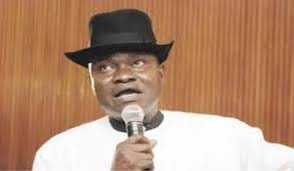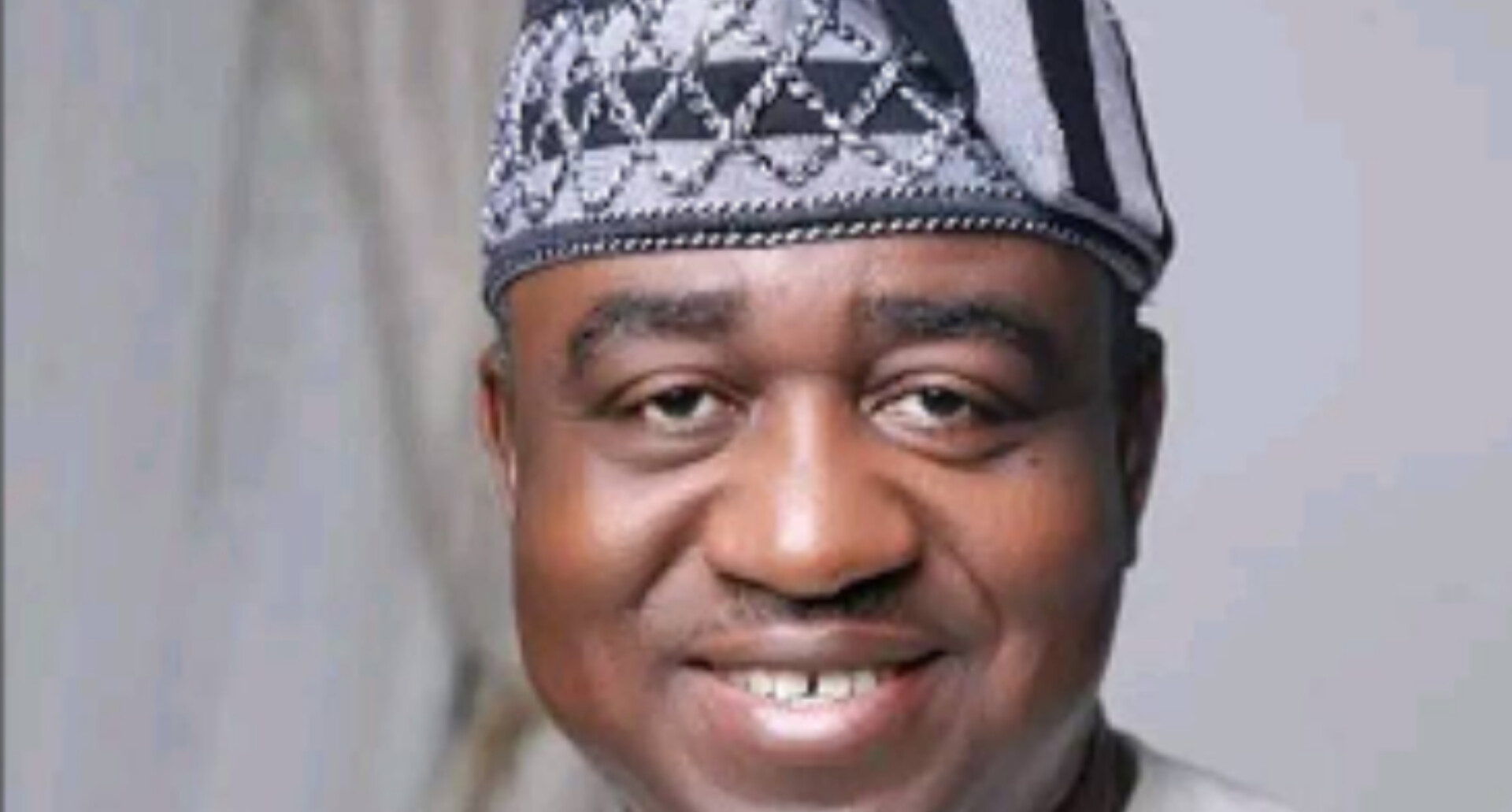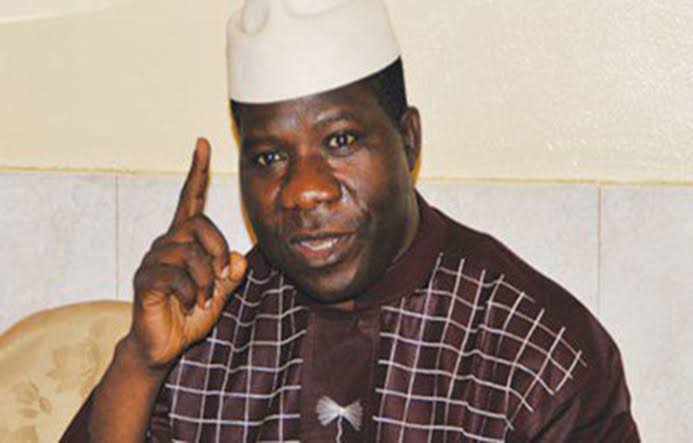***Whittles down President’s power to sack head of antigraft agency
The Senate on Thursday passed for second reading a bill that is poised to provide security of tenure for the head of Economic and Financial Crimes Commission (EFCC) for high level of professionalization in the fight against corruption
The bill is seeking to amend the Economic and Financial Crimes Commission (EFCC) Act to whittle down the president’s power to sack the head of the anti-graft agency without legislative approval.

The bill which is titled; The Economic and Financial Crimes Commission (Establishment) Act Amendment Bill and for matters connected therewith, 2022 (SB.1064) also took cognizance of the fact that other anti corruption agencies like the Independent Corrupt Practices and Other Related Offences Commission (ICPC) and Nigerian Financial Intelligence Unit (NFIU), had their headship tenure secured by ensuring that their appointments and removal, as the case may be, were subject to the confirmation of the Senate.
The sponsor of the bill Sen. Utazi, Chukwuka Godfrey (Enugu North) in his lead debate indicated that, it was not the case with the EFCC hence in his proposed amendment, he said it is intended to bring the EFCC in conformity with the other two anti-graft agencies of government.
“This will engender optimal performance by the Commission of the very important mandate assigned to it.
The proposed legislation seeks to ensure that the appointment and removal of the EFCC’s chairman are subject to the confirmation of the Senate.
The bill also seeks to amend the commission’s establishment Act to restrict non-EFCC staff from heading the anti-agency.
Utazi, in his lead debate, said the proposed amendment was to bring EFCC in conformity with other anti-graft agencies by guaranteeing security of tenure for the commission’s chairman.
He said, “For other anti-graft agencies created through the legislative instrumentality, before and later, that is, the Independent Corrupt Practices and Other Related Offences Commission (ICPC) and Nigerian Financial Intelligence Unit (NFIU), the National Assembly ensured that the headship had security of tenure by ensuring that their appointments and removal, as the case may be, were subject to the confirmation of the Senate.
“That was not the case with the EFCC. Therefore, in this proposed amendment, it is intended to bring the EFCC in conformity with the other two anti-graft agencies of government. This will engender optimal performance by the Commission of the very important mandate assigned to it.”
On barring non-EFCC staff from heading the commission, Utazi said the amendment would enhance professionalism in the service of the anti-graft agency.
Abdurasheed Bawa is the first EFCC staff to be appointed as the chairman of the anti-graft agency. Others who had served as the commission’s chiefs were appointed from outside of EFCC.
Utazi said President Muhammadu Buhari’s action to appoint the EFCC chairman from within was commendable and needed to be backed by law to guarantee tenure security.
He said, “President Muhammadu Buhari has carved his name and administration in gold by this very singular action, and posterity will never forget him.
“All that is required of this parliament is to endorse this executive action by amending the EFCC Establishment Act to restrict non-trained EFCC staff from headship of the Commission, going forward. This will enhance professionalism in the service of this anti-graft agency.”




